After years spent studying shifts in consumer preferences, Associate Professor Peter Tait is worried that New Zealand is in danger of missing out on the economic benefits that come from more sustainable production – and that we’re not doing enough to address environmental standards.
“How long can we go on still staying in the same old way of thinking? New Zealand is vulnerable. It’s a form of risk that isn’t being factored in.”
Tait has spent his career trying to get businesses and government departments to incorporate environmental and social outcomes into their decision-making – and, importantly, to prove that looking after the land, water and people that are essential for a vibrant primary sector is not a cost, but an opportunity.
Tait’s research as part of the Our Land & Water Science Challenge and in his role with the Agribusiness and Economic Research Unit (AERU) at Lincoln is based on choice experiments with consumers to identify that show what their preferences are and how much extra they are willing to pay for products that match them.
“We support businesses by identifying consumers out there to provide a signal back down the chain. Their preferences align with your value set, so if you want to make a go of it, we can show what they look like and where to find them.”
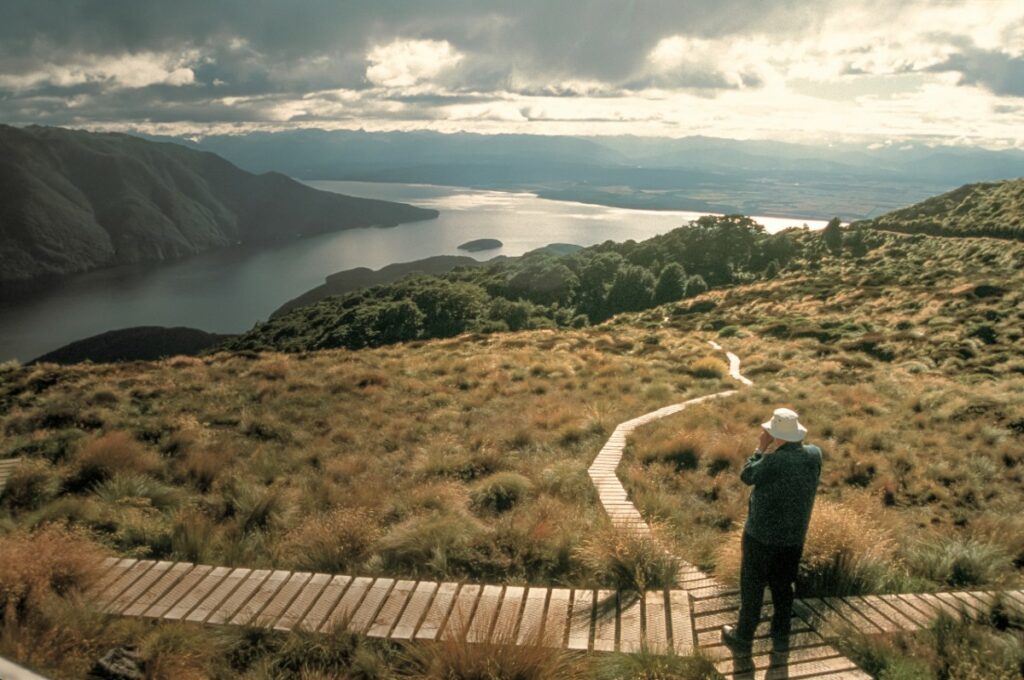
The discerning shopper
There’s no one consumer, of course. Your above-average wine drinker versus your day-to-day mince purchaser require different amounts of information. Different countries also have different preferences. But while products have certain tangible attributes that a consumer might respond to, like what it looks like or what it tastes like, intangible ‘credence attributes’ like animal welfare, environmental standards or social welfare standards are also very valuable.
More beef, more sheep, more milk. This strategy has served New Zealand pretty well over the years, he says, at least in economic terms. But people are questioning “their social license to operate”.
“We’re signing up to the UN’s Sustainable Development Goals, we’re doing this, we're doing that. There’s an appealing narrative at the top, but on the ground, we have declining environmental standards. Water quality, biodiversity, climate change. Most ecologists or hydrologists are tearing their hair out. It doesn't match the rhetoric. We’re not doing enough.”
The response from some groups to the idea that more should be done to protect the environment is that it would be ‘lost income’ as not as much would be able to be produced. “But what’s the carrying capacity? Maybe we are at peak cow. So if we are there and we still need to grow that sector and provide jobs, then we have to shift to premium.”
Gold kiwifruit is an absolute banger of a sales phenomenon. And that started from a taste-driven science programme to create a sweet, juicy kiwifruit.
Peter tait
Tait says it’s about promoting credence attributes in their products to get a premium and thinking about their impacts more holistically. “When I buy the latest tech, I enjoy it, not you. But if I buy a product with certain environmental benefits, it will have a public good. That improvement in water quality is enjoyed by everyone else. Farmers aren’t able to capture that value currently so how do you incentivise that?”
Focusing on the win-wins helps. He points to the country’s first organic vineyard, Greystone in Waipara, which has been extremely successful and sells well above the average price in the US.
“They have been around a long time and followed through with those attributes, found their niche and are driving into that consumer segment. They’re connecting.”
Zespri is also held up as an example of a company that has innovated based on consumer preferences. “Their gold kiwifruit is an absolute banger of a sales phenomenon. And that started from a taste-driven science programme to create a sweet, juicy kiwifruit. A product has to taste good, otherwise you don’t buy it again. And you have to be able to afford it at your level. But New Zealand produces such a small amount of product in comparison globally, we could offload all of what we produce to the higher end consumers, because there are enough of them.”
Environmental constraints
Some businesses have been forced into changing, like Taupo Beef. Nitrate limits were imposed due to water quality issues and that meant lower production, but it was able to increase the price of what it did produce and became more profitable.
Other developed economies have substituted polluting activities for more sustainable, higher tech, more well-paid activities and exported them instead. “Meeting standards can be a win, not a loss.”
Some of our largest export markets are now demanding more measurable environmental and social standards. The EU is bringing in reporting standards for carbon, for example, and California is pushing very hard with transparent measures that are published online.
New Zealand’s perception is positive internationally and telling that premium story is crucial, but not at the expense of facts. “Country of origin labelling can mask the individual performance of products across metrics that are being increasingly demanded. And that can suppress innovation and lead to an uneven playing field. A firm can go to the effort of providing all the information and then put it on their product, but the other product just puts ‘Made in NZ … A consumer needs to be able to pick up a product and easily discern if it’s performing better than the product in their other hand.”
Most of the firms that are able to move from supply chains to value chains, where all parts of the chain share the same values and benefit from the premiums attached, are smaller, innovative and more nimble.
“Once you become huge, there’s a lot of inertia.”
Māori businesses provide a good model for the future because they think in terms of generations and externalities are internalised into their decision making.
peter tait
He says a lot of farmers feel stuck in an industrialised process. And some of our big players in the agriculture sector have been, in his view, more of an encumbrance to this shift and look at a long term view as being five years, or maybe ten. But Māori businesses provide a good model for the future because they think in terms of generations and externalities are internalised into their decision making.
“They take into account the effects on the community, the way they treat their labour and how they distribute their profits. They don’t create poor environmental outcomes for those communities and intergenerational equity is not a nice to have; it’s not a ‘let’s put it on the packet and hope people think it’s true,’ it’s a real thing.”
Get premium insights
He sees his research as “shining the torch into a dark space”, something smaller businesses don’t have the budgets to do. “You can see this one bit over here and we need to repeat that over and over again with ongoing tracking surveys. You can guarantee that big food companies will be conducting dozens, maybe hundreds, of these surveys every year.”
Economics has traditionally viewed the environment as sitting within the economy. But Tait says it makes more sense to look at it the other way around. “The agriculture sector can regain its social licence to operate by respecting the boundaries and be rewarded for that by targeting consumer groups overseas. We can close the loop on this.”
He says we do so many good things in New Zealand already and a few little changes here and there could make all the difference. “The wins for New Zealand would be massive if we could just turn The Titanic around,” he says. “It should be premium products all day long.”
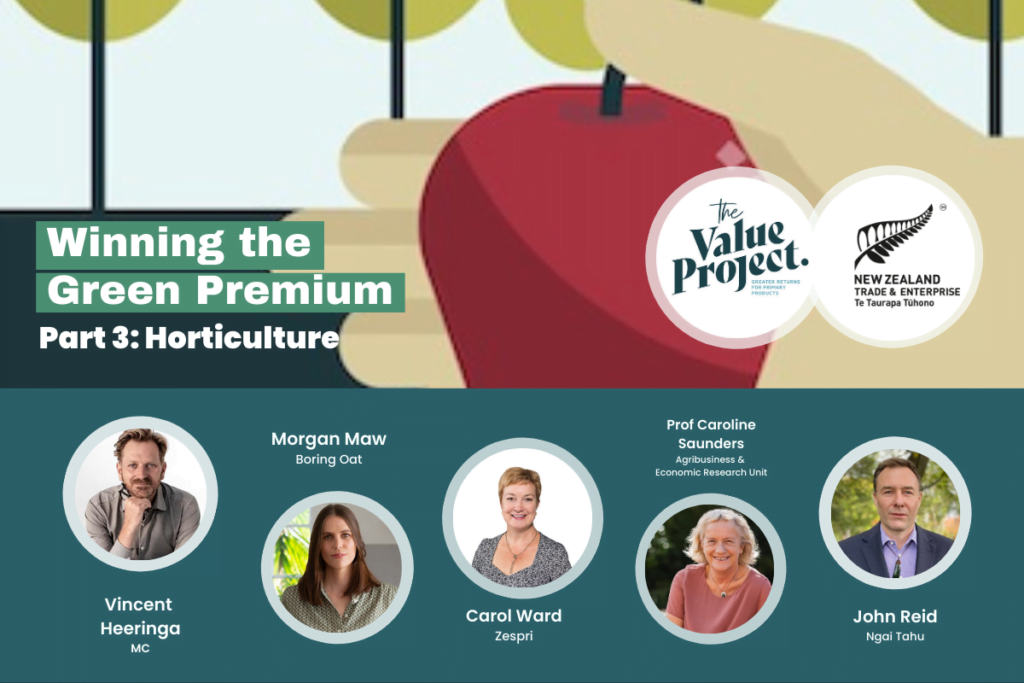
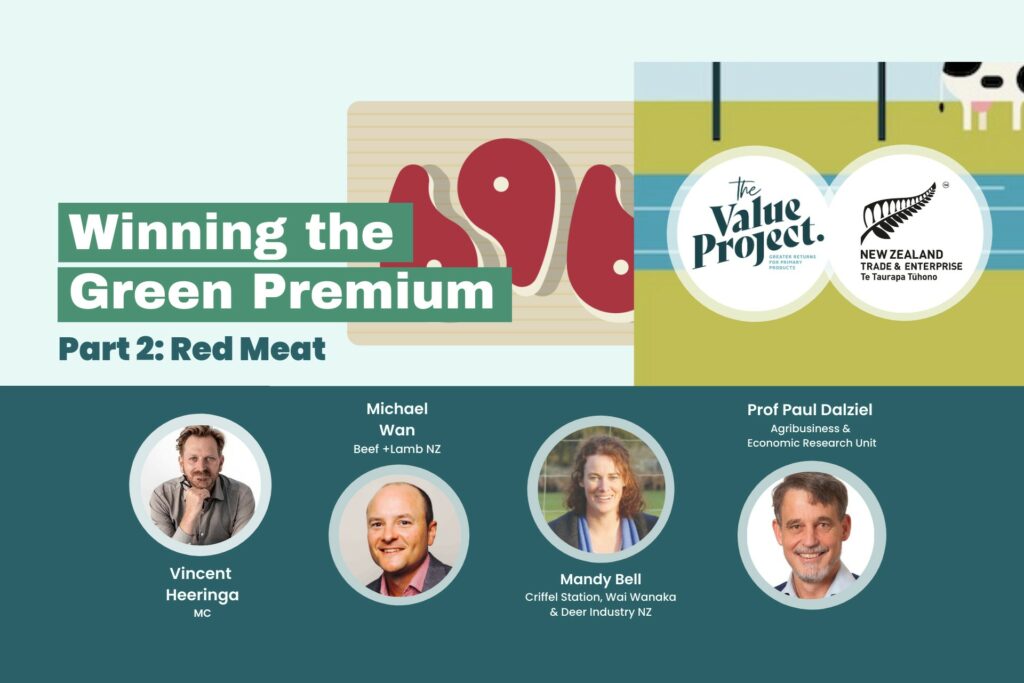
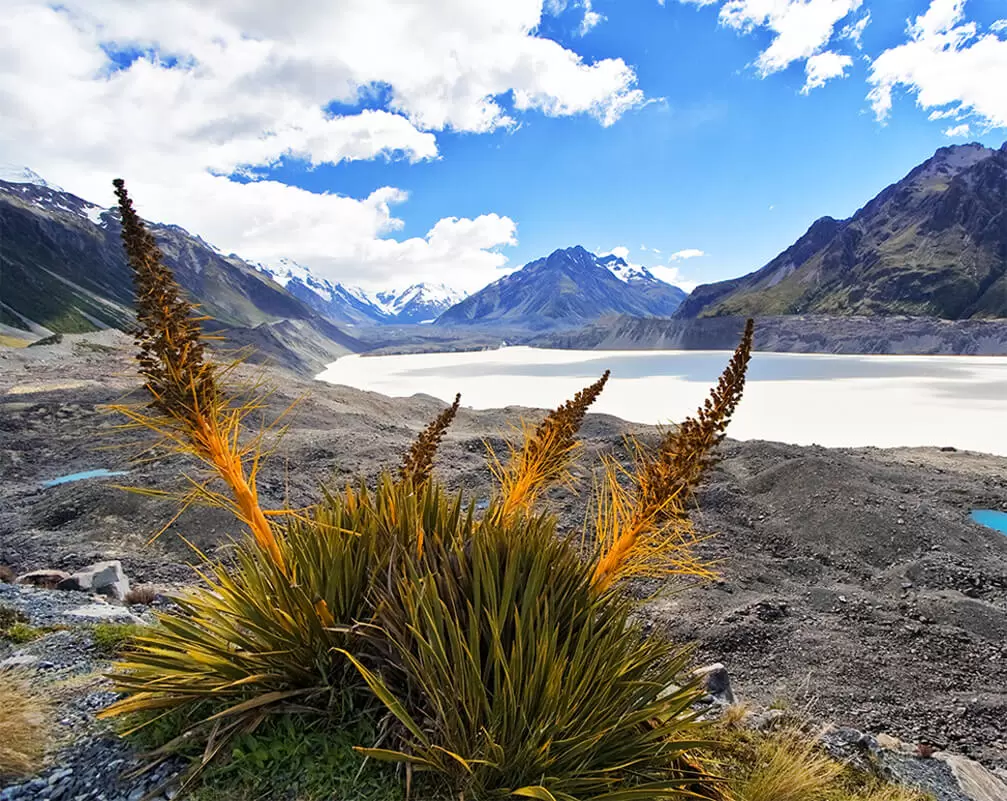
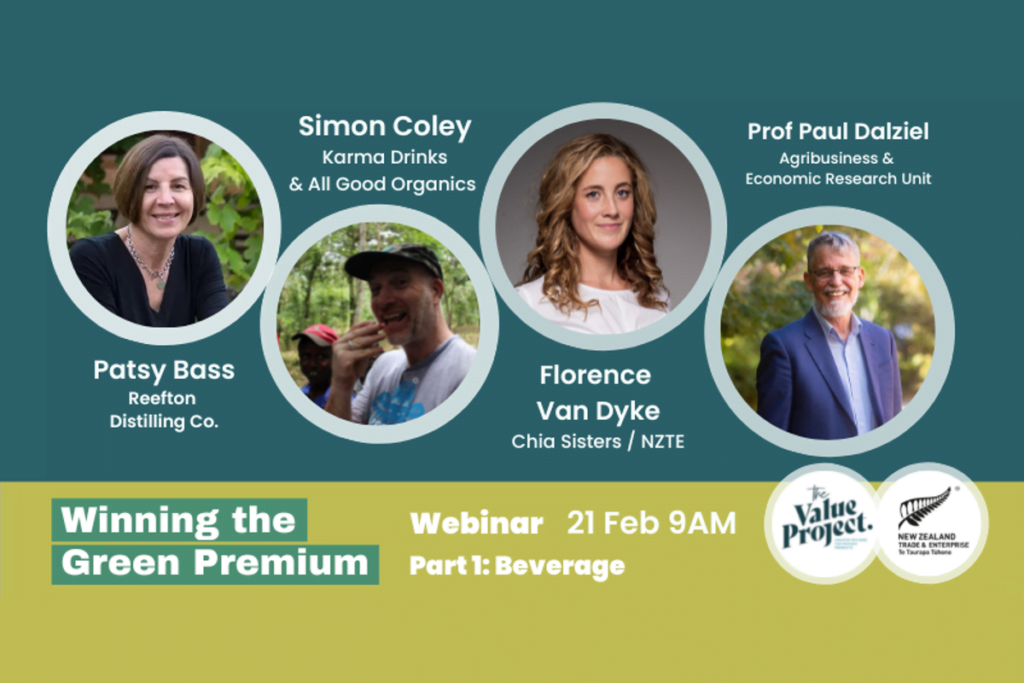
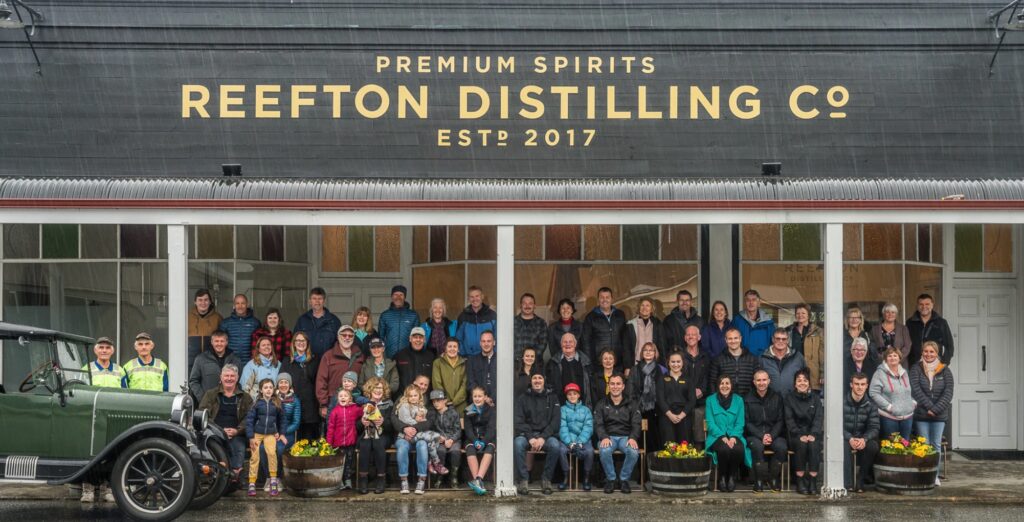
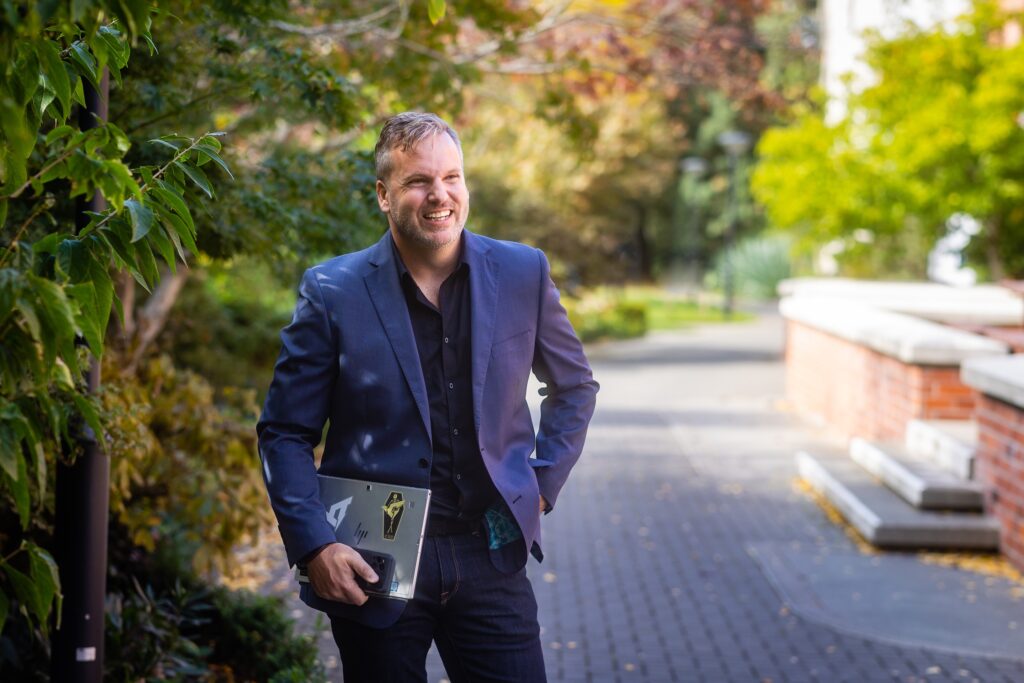

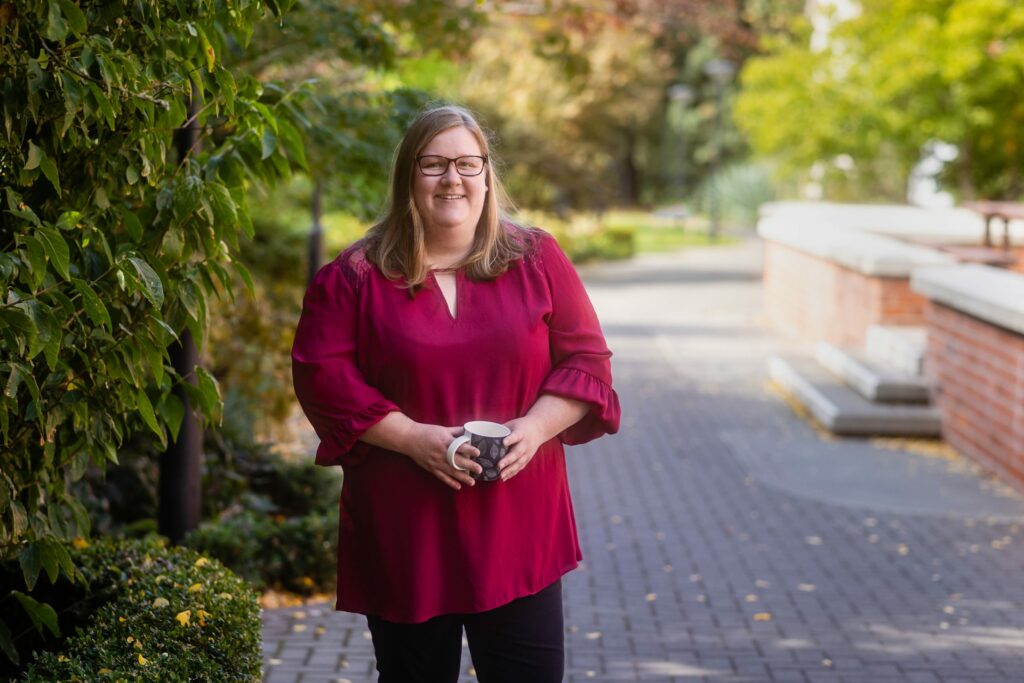
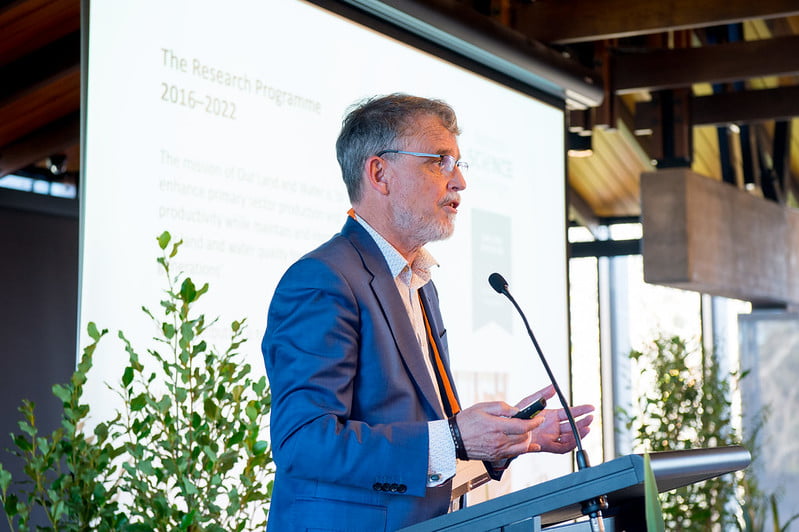
An instruction is not a plan: how to create value in the primary sector
Bill Kaye-Blake, principal economist with NZIER, reflects on 20 years of research into creating greater value in New Zealand’s primary sector. I’ve…